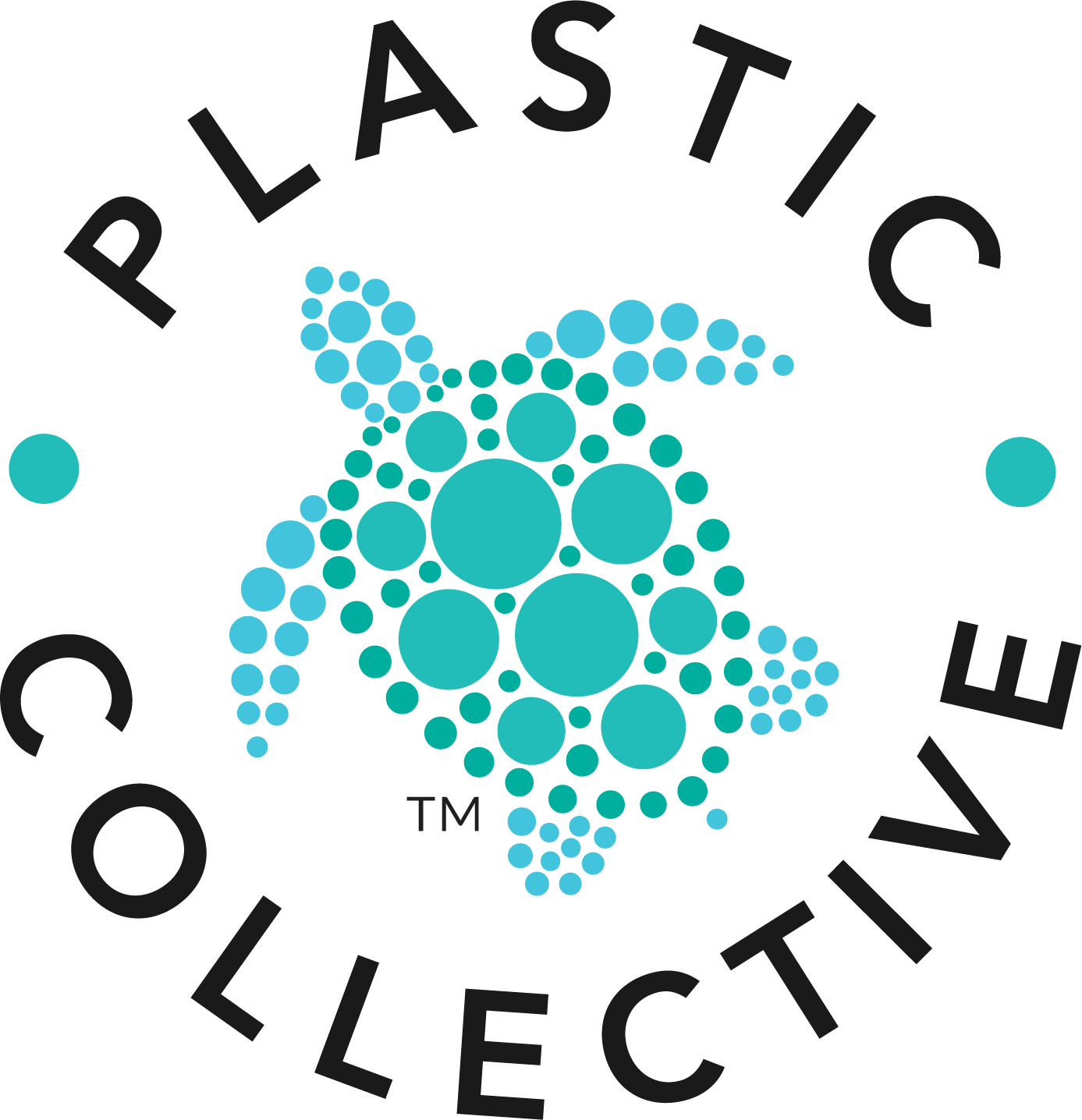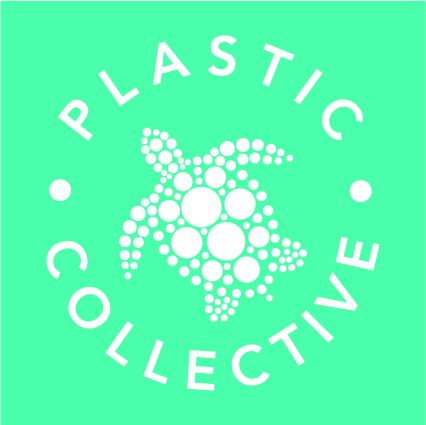Businesses examining ways they can improve their eco-credentials and sustainability efforts might have come across the phrase, ‘greenwashing’ or ‘green sheen’. Often this phrase is highlighted because of bad publicity. Brands may have wondered how they too can avoid making some of the same mistakes that other large brands have made, who have had their sustainability claims questioned or exposed by the press and environmental organizations.
In this guide to greenwashing for business we explore what greenwashing is, provide examples of greenwashing and offer some solutions for business professionals who wish to avoid this issue within their own organizations.
What is Greenwashing and Why is it a Problem?
Greenwashing is a phrase used to describe when a company makes claims in their advertising and marketing efforts about their environmental credentials which are later found to be either false, exaggerated, or unsubstantiated.
Greenwashing does not always just occur when a business makes claims about their eco-credentials that are either false or unsubstantiated. Sometimes a company will launch token environmental initiatives within their organization. Often this is to address certain environmental issues that help put a positive spin on their business when other parts of their organization or supply chain still continue to cause environmental damage or use non-environmentally friendly business practices.
Due to the increase in consumer demand for eco-friendly products and services many companies become tempted to make claims as to their eco credentials without achieving what they claim. This not only dupes the consumer into purchasing from a company on a false premise, but it also continues to harm the environment since a company can still operate without having to incur the costs and time associated with making their business greener.
This in turn hinders the progress of organizations who are committed to improving their environmental credentials, creating an uneven commercial playing field. This is because companies that are actively working towards a more environmentally friendly business model may incur more costs which is often passed on to consumers.
Many consumers will factor in these cost increases into their purchase decisions. Customers looking for eco options from companies are often willing to pay an additional cost for these products and services because they are considered green. However, with all things being equal, when there are two brands claiming similar eco credentials, often it is the cheaper provider that consumers will choose.
Companies using greenwashing tactics to provide their service at a cheaper cost without fulfilling the obligations that they have claimed to have carried out, impacts the market competitiveness. Green companies cannot always compete with companies that are not investing in green practices, and when greenwashing is introduced, this can impact the environment negatively.
What Causes Greenwashing?
Ultimately, the main cause of greenwashing is organizations deploying green marketing campaigns to convince unsuspecting customers into buying into claims of good intentions and sustainable products when the reality is very different.
There are a number of causes of greenwashing. Whilst a business may wish to benefit from the positive aspect of associating themselves with environmental claims it is important that their sustainable practices are in line with the green claims that they have made. Ultimately, the negative press associated with disinformation can be harmful to the brands reputation, their bottom line, and even in some instances their share price. Therefore, the short-term benefits of greenwashing are not always worth it in the long run.
Other issues relating to greenwashing is when a company carries out some environmental investment and corporate social responsibility activities (and advertising) in their business, whilst retaining other unsavoury business practices that harm the environment. For example, oil and petrochemical companies such as Shell have previously run marketing campaigns that have highlighted their green incentives while continuing their core business practice.
It may be true that some companies have cynically used ‘green phrases’ in their marketing and advertising to garner favour with their customers, but not all businesses that have been accused of greenwashing have made false claims on purpose. Some organizations have simply made unsubstantiated claims because of a disconnect between internal teams such as the purchasing team and the marketing department.

Why do Businesses Greenwash
Climate change, the environment, eco-friendly and sustainability are all buzzwords that have become well known to the public as they are often talked about in the news, media and in advertising. This has had an impact on consumer intentions. In some studies, it is claimed that 81% of consumers favour sustainable brands.
With this level of positive publicity and consumer buy in, there is a desire for a business to be associated with green initiatives. However, it is important for organizations to realize that all their business practices need to be taken into consideration if making green claims. Poor eco business practices can negate any positive environmental benefit claims that they may make, and in turn, can lead to accusations of greenwashing.
Examples of Greenwashing
When it comes to greenwashing, it can be hard to identify false claims made by an organization. Often the language used in advertising can be terms or phrases that are unsubstantiated or use fluffy language. For example, words such as ‘natural’, ‘eco-friendly’, or ‘clean’ imply benefits to the environment but do not necessarily mean anything specific. It is also popular to use images of the earth, trees, or green labelling to imply something is ‘green’, when it is not necessarily so.
Often consumers will take for granted that the claims a company makes are accurate, but many consumers are starting to be more suspicious as to these claims.
Much of this suspicion has arisen from the many green organizations and environmentalist groups that have highlighted greenwashing issues at some of the world’s largest corporates. These scandals have often created a lot of negative press for an organization and in turn dented consumer confidence in the brand.
Volkswagen Diesel Scandal
Perhaps one of the most widely known example of greenwashing that had not only a huge effect on climate change and emissions but also on the health of consumers themselves was when Volkswagen was found to be caught up in what was dubbed at the time, the ‘diesel dupe’ back in 2015.
The scandal related to Volkswagen cars in the US being fitted with a something called a defeat device, which was a piece of software that had been installed to monitor when the car was being emission tested and altered the performance of the vehicle so that it would pass the test. This scandal ended up engulfing a number of countries where vehicles were sold that registered incorrect emissions.
This ended up costing Volkswagen reportedly over 20 billion dollars in recalls and fines. The share prices of the organization fell by 32%, almost a third, and it had a huge impact on consumer confidence in the brand at the time. As reported by Fortune back in 2020, the scandal still had an impact on brand confidence, with the Volkswagen brand ranking behind where it had prior to the scandal.
This scandal also had a knock-on effect on the automotive industry, other car manufacturers, and government legislation such as the EU strengthening its regulatory powers over manufacturers.
The Business of Single Use Plastics
Other companies that have been accused of greenwashing are drinks brands that use single use plastics, such as Coca-Cola, Pepsi Co, and other water brands.
For example: the Guardian Newspaper reports that Coca-Cola has launched campaigns highlighting how it uses 25% marine plastic in its bottles, but the reality is that the company is also the world’s biggest plastic polluter and produces 100 billion plastic bottles a year.
While there have been some improvements in the way plastic bottles can be manufactured and recycled, business and governments have a long way to go to further to reduce the use of plastic in the supply chain before they can consider themselves to be ‘green’.
While some brands that use plastics in their packaging make claims on how they are working to make their packaging better for the environment, the reality is even if the packing is as green as the companies claim, as reported by the EOCD, just 9% of the plastic produced is recycled.
Ultimately, introducing plastic into the environment whether that is in landfills, or is incinerated has a big impact on climate change.
More Examples of Greenwashing
Many other companies have also been accused of greenwashing. The furniture manufacturer Ikea – has been flagged for greenwashing in the past, notably after building a ‘green’ store in the UK which was built over an existing store with itself has green credentials.
Fast fashion is a business area that also has a huge environmental impact from the excessive use of water in cotton production to the fact that clothing styles are designed to be replaced frequently, to follow the latest trends in fashion.
While the move to organic cotton is an improvement, if it is coupled with fast fashion products it still has a negative impact, since the clothing is not designed to last a long time and is instead designed to be replaced as fast as the next trend appears.
Consumers may believe they are picking a more environmentally friendly option, but the reality is, many of the environmental problems caused by fast fashion remain, such as waste generation.
It is no surprise to find that often the claims by fast fashion brands about their eco credentials are not always as accurate as they might first appear. Edie report that 60% of the environmental claims by fast fashion brands could be classed as “unsubstantiated” and “misleading”
Another example of greenwashing is carbon offsetting. Often this can also be considered a form of greenwashing if the company that uses the offsetting is not committed to reducing their own carbon footprint or emissions. Case in point, airline companies that continue to operate but make claims of offsetting their carbon emissions. Take for example the claims of greenwashing made against the airline, KLM.

What Can be Done to Avoid Greenwashing?
While some brands will cynically use environmental claims to promote a positive brand image in their advertising and social media, the takeaway is that eventually any attempts to greenwash their brand will eventually end up generating negative press if their claims do not match the reality of their business operations.
Ultimately, if a company or industry fails to address many of the environmental issues of their business, governmental intervention may be needed.
Even if you run a sustainable brand, it is also important to be aware of the various issues that surround greenwashing since it is still possible to make unsubstantiated claims about what your business is doing.
Greenwashing Education & Courses
For companies that are looking to improve the sustainability of their business then one way to avoid greenwashing mistakes is to provide education for all stakeholders.
Often there is a disconnect within different teams within an organization, especially a large organization. One issue is that marketing teams may not fully understand the supply chain or life cycle of the products or services that a company undertakes and when launching marketing initiatives may make claims that can be considered as greenwashing.
For example, claiming that packaging is compostable when it only relates to a small part of the overall packaging meaning that a greater quantity of material is non-recyclable.
In these cases, marketing campaigns can be improved if markets have a better understanding of the products themselves. Avoiding greenwashing and not making exaggerated claims can be difficult when the marketing team needs to understand the lifecycle of the business in detail. Often it is better to avoid making spurious claims about a product’s green credentials unless it has specifically been designed to be a green product.
A business should compile a green guide to ensure that everything relating to the way the company operates and its impact on the environment is assessed and available to individual teams within the business. This can help reduce unsubstantiated claims or even errors in marketing communications.
It is also good for marketing teams to understand what terms and phrases that should be avoided in marketing collateral. Avoiding vague terminology can help promote products more effectively. This helps retain consumer confidence, as many consumers who are looking for environmentally friendly products are becoming more aware of this form of cynical marketing.
Companies who want to improve their green credentials need to examine all areas of their business to ascertain what changes can be or need to be made. Hiring a person or team to work on this can be a solution.
For smaller companies, employing outside professional consultants can help identify potential issues, and even can run courses to educate staff on green issues and how to avoid greenwashing.
Often, it is possible for a company to have an environmental and sustainable report carried out by a third-party to assess the credentials of the organization in question. This can highlight issues that were previously unknown or not fully considered and this can also help ensure that advertising campaigns are produced and released in good faith.
Plastic Collective is expert in providing advice to brands wishing to develop sustainability strategies around their plastic waste and related greenhouse gas emissions.
Advertising Regulations
In some cases, it is not enough to simply educate companies on Greenwashing as some organizations are less interested in being green than ensuring they make the maximum amount of profit regardless of the environmental costs.
It then falls to governments and policy makers to create, not only rules and regulations that companies must legally abide to, but also restrict inaccurate claims in advertising. In the UK for example advertising standards legislature has been introduce to limit unsubstantiated environmental claims in advertising. These codes of conduct introduced by the organizations CAP and BCAP are designed to restrict misleading marketing.
However, regulations are based on different markets and locations around the world and different countries have a different set of rules and regulations that may need to be followed, which can make it harder for marketing teams to comply.
Third-Party Certification
Another method to help your business promote its green credentials is to look to gain credible third-party environmental certifications scheme.
This is when a third party assesses a business to check if the company uses environmentally friendly business practices and produces goods in a sustainable way.
For companies that want to promote their green credentials but avoid claims of greenwashing, often going down the route of apply for, and complying to a rigorous environmental certification programme, can be beneficial for the business.
There are a lot of different schemes that are available to businesses, and it can be difficult to ascertain which scheme is best suited to a particular organization. Often it is possible to find a scheme that is based around a certain industry type (think, forestry, organic farming, plastics) or based on what environmental aspect it has been designed to support, such as recycling and zero waste or sustainability. For example the Plastic Waste Reduction Standard and the associated Corporate Guide for Plastic Stewardship, which provides a clear pathway for brands to develop sustainable plastic use strategies.
Ultimately, while it may be beneficial in the short term to make unsubstantiated eco claims about a business or to partake in greenwashing activities, environmental activists, journalists, governments, and consumers are getting wise to these tactics. Longer term this can harm the reputation and profitability of an organization, so it is better to ensure that greenwashing is avoided for the overall benefit of the brand.
Find out more about Plastic Collective and get latest news and info about Plastic recycling, clean energy and the effects of climate change, by subscribing to the Plastic Collective newsletter.


